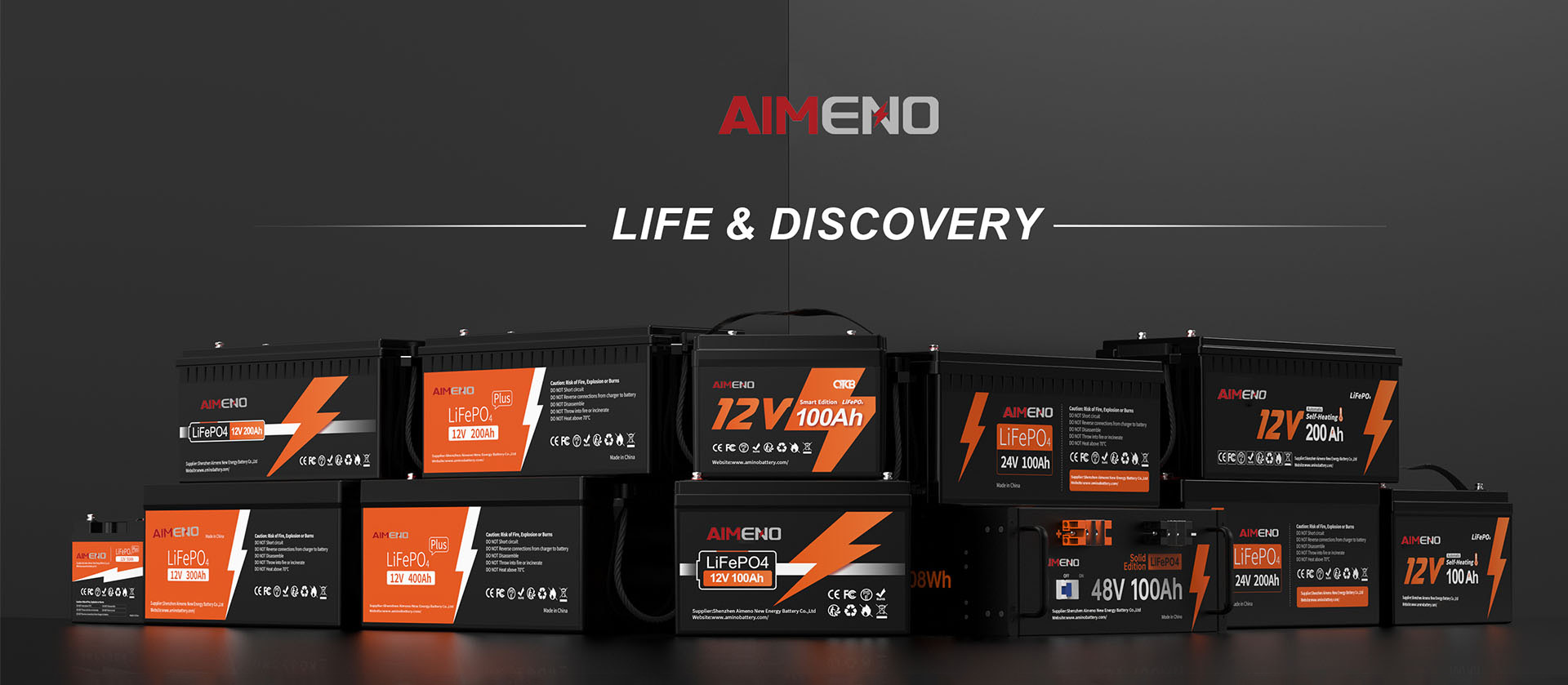Lithium batteries have revolutionized the portable power industry with their high energy density and longer lifespan. Among the various types of lithium batteries available, LiFePO4 batteries are gaining popularity due to their inherent advantages. In this article, we will explore the characteristics and advantages of the 24V LiFePO4 Lithium Battery.
LiFePO4 batteries are considered better than traditional lithium-ion batteries in several aspects. Firstly, they have a higher thermal and chemical stability, making them safer to use. LiFePO4 batteries are less prone to thermal runaway and have a lower risk of explosion or fire. Additionally, they have a longer lifespan and are capable of providing a greater number of charging cycles compared to standard lithium-ion batteries. Lastly, LiFePO4 batteries are more environmentally friendly as they contain fewer toxic materials.

The maximum voltage for a 24V LiFePO4 battery is 28.8 volts. This voltage ensures stable and efficient performance while preserving the longevity of the battery.
The lifespan of a 24V lithium battery can vary depending on various factors. However, on average, a high-quality 24V LiFePO4 battery can last for approximately 2000 to 3000 charge and discharge cycles. This translates to several years of reliable usage, providing consistent power for your applications.
A 24V LiFePO4 battery consists of a series connection of individual cells to achieve the desired voltage level. Typically, an 8-cell configuration is used, with each cell having a nominal voltage of 3.2 volts. By connecting these cells in series, the total voltage output of 24 volts is achieved.

While LiFePO4 batteries offer numerous advantages, they also have some limitations. One major drawback is their lower energy density compared to other lithium-ion chemistries. This means that LiFePO4 batteries tend to have a higher weight-to-energy ratio, making them slightly bulkier and heavier. Additionally, LiFePO4 batteries can be more expensive than standard lithium-ion batteries due to their complex manufacturing process and higher cost of raw materials.
Tesla, the renowned electric vehicle manufacturer, does not currently use LiFePO4 batteries in their vehicles. They instead employ lithium-ion battery cells with different chemistries, such as NCA (nickel-cobalt-aluminum) or NMC (nickel-manganese-cobalt). These chemistries offer higher energy densities, allowing for longer driving ranges in electric vehicles. However, it is worth noting that LiFePO4 batteries are widely used in renewable energy storage applications, solar energy systems, and small electric vehicles.
In conclusion, the 24V LiFePO4 Lithium Battery offers enhanced safety, longer lifespan, and environmental benefits compared to traditional lithium-ion batteries. Although they have slightly lower energy density, they are suitable for various applications, ranging from portable power solutions to small-scale electric vehicles. While LiFePO4 batteries are not currently used by Tesla, they remain a preferred choice for many other industries requiring reliable and durable power sources.